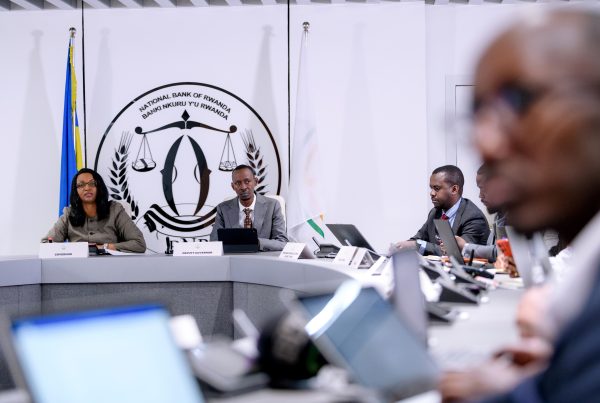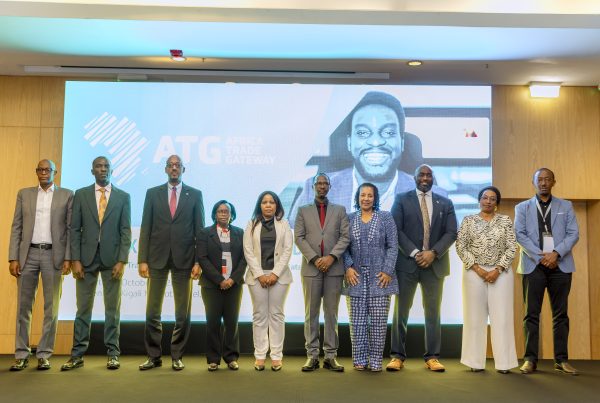A new partnership between Rwanda’s RG Partners and The Kigali Financial Journal is taking aim at one of East Africa’s most stubborn barriers to investment: the lack of clear, consistent, and credible financial information. Announced on June 14, the collaboration is designed to fill critical knowledge gaps that often stall investor appetite and erode trust in the region’s emerging capital markets.
The partnership will produce a stream of curated market intelligence through podcasts, visual data products, and policy explainers. Central to the initiative is a twice-monthly podcast series, Kigali Financial Brief, which will analyze developments in investment regulation, macroeconomic trends, and sector-specific shifts. The effort merges RG Partners’ advisory and analytical capabilities with The KFJ’s platform reach, providing both institutional and retail audiences with actionable insights on a fast-evolving economic terrain.
Speaking at the launch, RG Partners Managing Director Mathieu Rwiyereka said the collaboration is aimed at reducing uncertainty in financial decision-making and building a culture of evidence-based investing. “Efficient financial markets are built on information availability. Our goal is to reduce the financial knowledge gap and enable informed economic, financial, and tax decisions,” he said.
The initiative arrives as Rwanda and its regional peers attempt to deepen capital markets and attract long-term investment. Kigali, in particular, is positioning itself as a regional financial hub under the Kigali International Financial Centre (KIFC) framework. But even as the ecosystem expands, a fragmented information landscape has often limited participation. For many institutional and retail investors, a lack of reliable analysis has made navigating the region’s economic signals a high-risk endeavor.
By offering a consistent pipeline of financial content, the RG Partners–KFJ tie-up seeks to support not only private investors but also public policymakers. For governments, the platform offers an opportunity to clarify the intent and impact of fiscal and monetary policy, potentially reducing misinterpretation and market friction. For local businesses—especially SMEs and growing fintechs—the initiative provides much-needed visibility into macro shifts and regulatory dynamics that could affect growth strategies.
The collaboration also targets individuals, particularly the growing base of first-time investors in Rwanda’s maturing stock market. With rising interest in products like corporate bonds and infrastructure investment vehicles, there’s a growing demand for content that is accessible, well-explained, and grounded in data. The partnership aims to meet that demand by translating technical developments into relatable insights for non-specialist audiences.
The content will not be limited to Kigali. Over time, it is expected to expand its scope to cover broader East African trends, including currency risk, monetary convergence under the East African Monetary Union, and the impact of cross-border capital flows under the AfCFTA framework.
At a time when Rwanda’s financial sector is growing faster than GDP and contributing close to 4 percent of national output, initiatives like this could play an outsized role in shaping investor perception and market behavior. The Kigali Financial Journal’s Managing Editor Saul Butera said the partnership reflects a broader market need. “There is a growing demand for credible, clear, and timely financial information in our region. Together with RG Partners, we aim to meet that demand and build investor confidence through reliable media.”
While the long-term impact on capital inflows remains to be seen, the partnership underscores Kigali’s ambition to build a knowledge-based financial ecosystem where trust, rather than opacity, defines investor engagement. In a region where financial decisions are too often made in the dark, this quiet collaboration could bring just enough light to unlock the next wave of investment.





